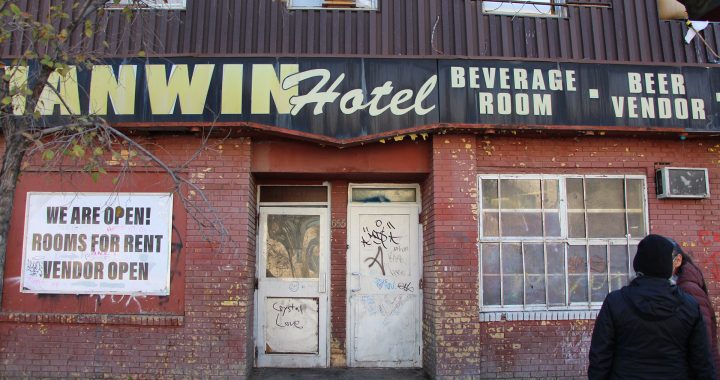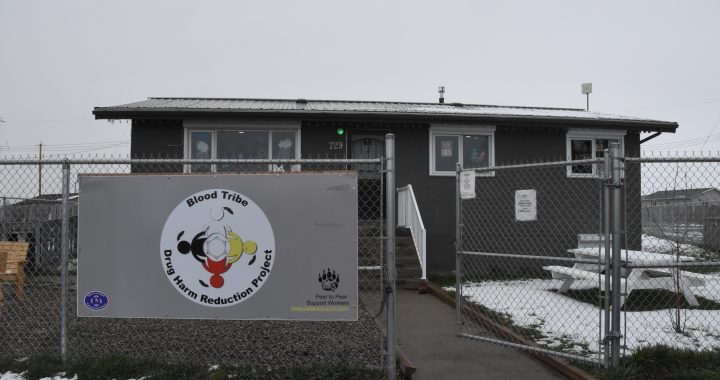Canada’s minister of Northern affairs says the Métis Nation of Ontario has some challenges ahead in proving its legitimacy to other Indigenous organizations.
“The Ontario Métis have more work to do,” said Dan Vandal. “They need to sit down with First Nations and other Métis affiliates from across Canada and have these important discussions. I’m going to work closely with Minister [Gary] Anandasangaree (minister of Crown-Indigenous Relations) and the rest of cabinet and, of course, the Manitoba Métis Federation[MMF] and all Métis affiliates across Canada to do the right thing when we move this (Bill C-53) forward, or not.”
Vandal, who is Red River Métis and represents the Liberals in the Winnipeg riding of Saint Boniface-Saint Vital, gave this answer on Nation to Nation when asked to comment on the future of the controversial proposed government legislation Bill C-53.
The bill is meant to formally recognize Métis governments in Alberta, Saskatchewan and Ontario but is strongly opposed by both the Manitoba Métis Federation and Chiefs of Ontario who do not see the Métis Nation of Ontario as a legitimate organization.
Last month, the Métis Nation-Saskatchewan (MN-S)withdrew its support for the legislation and later this month the MMF and Chiefs of Ontario will be co-hosting an identity summit where they will take direct aim at organizations like the MNO who they say are appropriating Indigenous culture.
Bill C-53 currently sits in a House of Commons committee after passing second reading but Vandal said the work that needs to be done goes far beyond what this committee can accomplish.
‘This situation cannot be allowed to continue’
Environment Minister Steven Guilbeault says things must change after a plastics company in southwestern Ontario continues to emit high benzene levels into the atmosphere affecting a nearby First Nation.
“This is a situation that cannot be allowed to continue,” he said. “The company can’t continue violating air quality standards on a regular basis and just get away with it.”
INEOS Styrolution, which is located in Sarnia, is currently under a shutdown order after it was found to be emitting higher than normal benzene levels.
Benzene has been linked to certain forms of cancer.
The Aamjiwnaang First Nation has long complained about poor air quality due to its proximity to the company and other industries in the area known as “chemical valley.”
Guilbeault commended the Ontario government for enforcing environmental orders to keep the plant closed and said the federal government is assisting Aamjiwnaang with setting up its own air quality monitoring program.
Hard drugs in Vancouver
B.C.’s minister of Mental Health and Addictions says hard drug users living on the streets of East Vancouver won’t be left with no place to go after the province made changes to its decriminalization policy.
“In a place like the downtown eastside we actually have a lot of services for people and a lot of overdose prevention sites,” Jennifer Whiteside said. “In a place like that there are a lot of services and again where people are lawfully sheltering, if they don’t have stable housing, those areas are exempted from the CDSA (Controlled Drugs and Substances Act).”
B.C. is part of a three-year pilot project that decriminalizes small amounts of hard drugs – such as heroin, fentanyl and cocaine – as part of an attempt to combat the toxic drug supply.
However, the province recently requested Ottawa make changes to the program after public pressure these drugs were being used in places such parks and hospitals.











